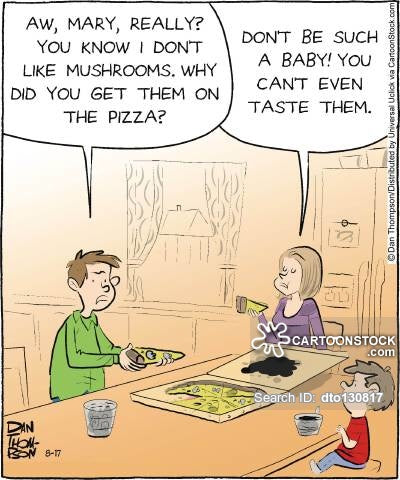You might have noticed that the vegetables you get in the store do not really taste right in the last years. Tomatoes, that our parents shared sweet, flavorful memories about, are now...well, bland. But why is that? Have we gotten so used to the intense flavor pop sodas and BBQ ribs have to offer that we can't appreciate the good old tomato? Maybe, but that's not exactly it.
The reason is actually the age-old quality vs. quantity theory. It's probably not a shocker that in the last half a century the productivity of agriculture has gone up as high as 500% - to feed the growing population, we've had no other choice but to make our crops ripen faster and in higher quantities. But it's not only our plant-based foods that have reached higher productivity and astonishing speeds. Our chickens are ready for slaughter twice as fast as in the 40s, weighing more and eating 3 times less. If a cow was able to produce only about 7 liters of milk a day 70 years ago, the number has now skyrocketed to a whopping 90(!!!) liters per day for the top-performing cattles. We could go on and on, but you get the idea - in the last 50-70 years, we've forced our lands and animals produce mind-blowingly more, faster and cheaper. But at what cost?
The researcher David Davis from the Texas University decided to measure the changes in the nutritional content of vegetables from 50s till 1999. And yes, you guessed right - the results were not that positive. According to his research, the drop in the nutritional contents was measurable anywhere from 6 to 38%, with protein, calcium, phosphorus, iron, vitamin B2 and vitamin C contents being in the worst positions. Copper, which is crucial for building strong tissue, maintaining blood volume and producing cell energy, had dropped by 80%! Why? His guesses covered fertilization and other environmental factors, and most recently - genetic differences. In the last half a century, farmers have focused mostly on optimizing the yield, compromising the nutrition. When a tomato cannot fulfill the back-then “normal” nutritional requirements, it gets filled with carbs and water. And here we go - perfect-looking veggies that taste like cardboard! Pale eggs! Chicken that tastes like teddy-bear stuffing and has basically none of the omega-3's it used to have! Watery, plain milk (which is why your yoghurt contains 30 grams of sugar and at least 2 flavors)! No wonder we're popping those vitamin pills like nobody's business and adding hot sauce or ketchup to literally everything.
Solution? Well, for now - becoming more conscious, socializing with small farmers and invest in your health and the well-being of your taste buds via nutritious self-grown herbs and fruits.
